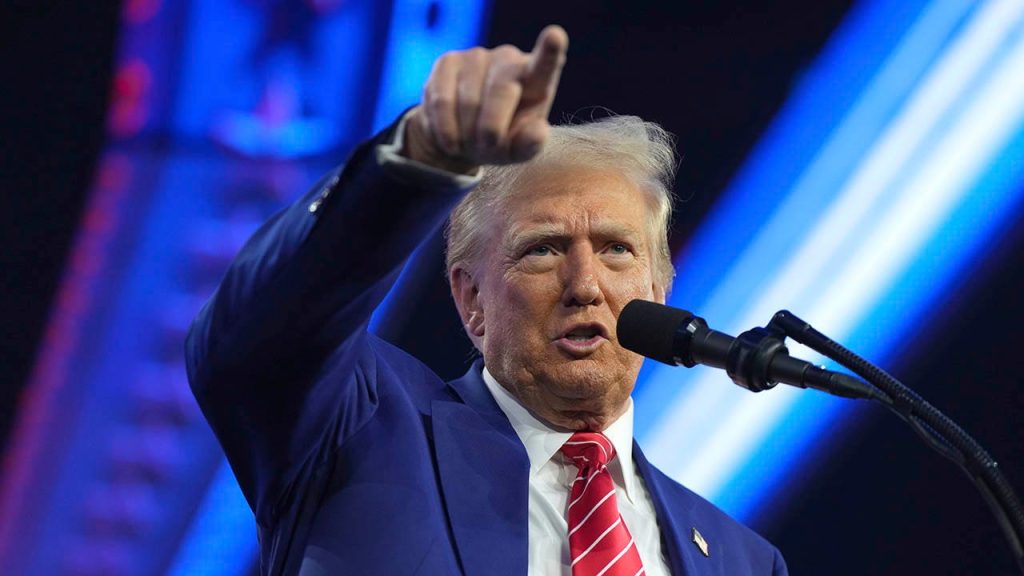The recent commutation of 37 federal death sentences by outgoing President Biden has ignited a firestorm of controversy, drawing sharp criticism from Republicans and some Democrats, and setting the stage for a renewed debate on capital punishment under the incoming Trump administration. President-elect Trump has vowed to reinstate the death penalty for certain federal crimes, directly countering Biden’s clemency initiative and signaling a stark shift in criminal justice policy. This clash of ideologies reflects a deep division within the American public regarding the morality and efficacy of the death penalty, a debate that has persisted for decades.
Biden’s decision to commute the sentences to life imprisonment without parole was framed by the White House as a preemptive measure to prevent the Trump administration from carrying out executions under policies differing from the current administration’s stance. The commutations encompass a broad range of federal death row inmates, excluding only three individuals: Robert Bowers, the perpetrator of the Tree of Life Synagogue massacre; Dylann Roof, the white supremacist responsible for the Charleston church shooting; and Dzhokhar Tsarnaev, one of the Boston Marathon bombers. While the Biden administration has characterized this move as aligning with current policy and practice, critics have denounced it as an affront to justice and a disregard for the victims and their families.
Trump, in contrast, has pledged to prioritize the death penalty as a tool for protecting American families and children from violent criminals. He has directed the Justice Department, upon his inauguration, to vigorously pursue capital punishment in cases involving rape, murder, and other heinous crimes. This stance resonates with his “law and order” rhetoric, promising a return to stricter criminal justice policies and signaling a potential increase in federal executions. The contrasting approaches of Biden and Trump underscore the enduring political divide on capital punishment, with one administration prioritizing clemency and the other emphasizing retribution.
The stark difference in the two presidents’ approaches to capital punishment reflects not only their individual philosophies but also the broader political landscape. Biden’s moratorium on federal executions and subsequent commutations align with a growing movement towards abolishing the death penalty, citing concerns about its disproportionate impact on minority communities and the possibility of executing innocent individuals. Trump’s staunch support for the death penalty, on the other hand, caters to a segment of the population that views it as a necessary deterrent and a just punishment for the most egregious crimes. This fundamental disagreement on the role of capital punishment in society is likely to remain a contentious issue.
The controversy surrounding Biden’s commutations and Trump’s promised revival of the death penalty highlights the complex and emotional nature of this issue. Supporters of capital punishment argue that it serves as a deterrent to violent crime and provides a measure of closure for victims’ families. Opponents, however, contend that it is a cruel and unusual punishment, prone to error and discriminatory in its application. Furthermore, they argue that life imprisonment without parole is a sufficient punishment for the most heinous crimes. This debate is interwoven with considerations of race, socioeconomic status, and the very definition of justice, making it a deeply divisive issue in American society.
The coming months will undoubtedly witness a renewed focus on the death penalty as the Trump administration implements its promised policies. The Justice Department’s pursuit of capital punishment, the potential for legal challenges to these policies, and the ongoing public discourse surrounding the issue will all contribute to a heightened national conversation about the role of the death penalty in the American justice system. The contrasting approaches of Biden and Trump serve as a stark reminder of the profound divisions within American society on this fundamental question of justice and punishment.

